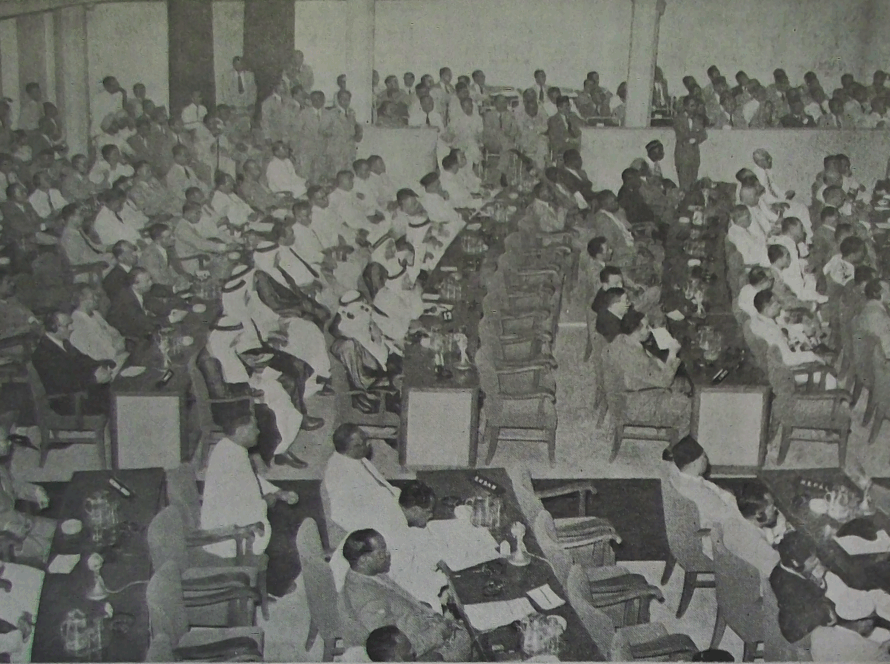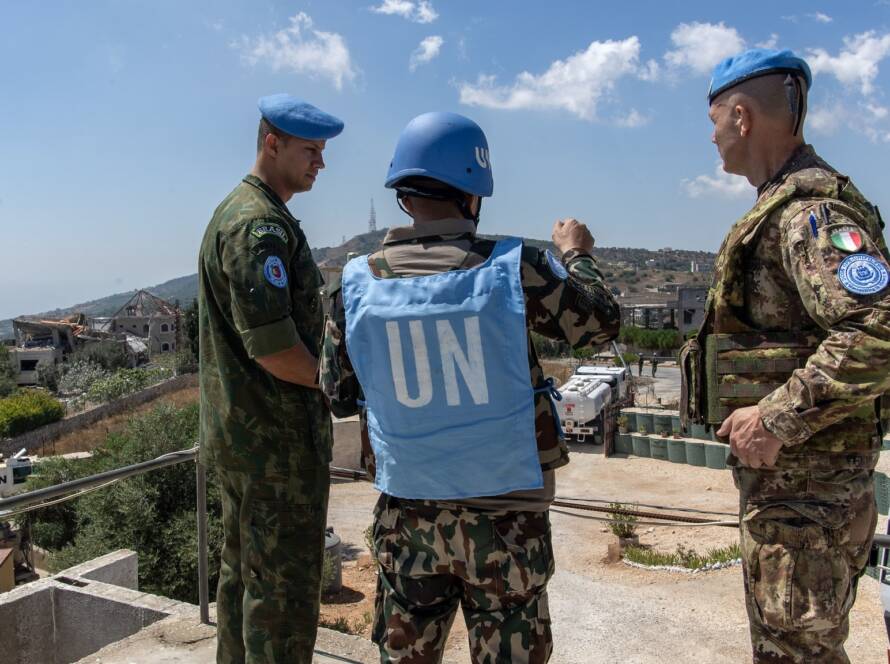By Jagath Liyana Arachchi and Lakna Paranamanna

In a bid to appease the international community, Sri Lanka’s Foreign Affairs Minister G.L. Peiris tabled the amendments to the Prevention of Terrorism Act (PTA) the past week[1]; a move rejected by multiple international organisations including the International Commission of Jurists (ICJ) as ‘woefully inadequate’[2]. Why has the PTA come under such international scrutiny?
Enacted in 1979, the Prevention of Terrorism Act no. 48 replaced the Proscribing Of Liberation Tigers Of Tamil Eelam And Other Similar Organisations Law (No. 16 of 1978), and has since been globally condemned as a piece of legislation that not only violates global human rights standards but fundamental rights enshrined in Sri Lanka’s own Constitution.
The tabled reforms gazetted on January 21 appear to be progressive. The proposed amendments to the PTA include the reduction of the detention period of a person arrested under anti-terror laws from 18 to 12 months and will allow for the detained individuals to contact relatives and receive counsel of a lawyer. Most importantly, the proposed changes will also permit a detention order issued by the Minister of Defence to be challenged before a court of law through a fundamental rights petition or a writ application.
However, the question stands as to whether these amendments – as progressive as they appear to be – is adequate to meet the envisioned changes not simply in terms of safeguarding human rights, but in fulfilling its stated objective – preventing terrorism on Sri Lankan soil.
Repeal or amend?
The changes tabled in Parliament last week come following a hiatus of over 40 years. The original legislation only considered resolving the security challenges of its time, which mainly revolved around the LTTE. Today, the very nature of the threat, its source and modus operandi have all evolved and as such, the ways and means to combat them, call for much needed changes as well.
Following its introduction, the PTA drew criticism by multiple quarters, largely human rights defenders, for its vague terminology and language that permitted application across a wide scope, leading to an abuse of the law. Among other criticisms was its content that stood in violation of fundamental human rights and placed particularly minorities at risk of being unlawfully and unfairly prosecuted.
But it was not simply Sri Lanka that passed draconian laws to combat terror threats. The 9/11 attacks and other incidents of global terrorism that followed including the Madrid attacks in 2004 and London in 2005, resulted in the suppression of multiple liberties around the world through legislations introduced to boost power and scope of law enforcement to investigate and counter terror threats. Ranging from America’s Patriot Act, to UK’s Counter-Terrorism and Border Security Act and the recent Philippines’ Anti-Terror Bill have resulted in controls placed on freedom of speech, arbitrary detention and arrests and unlimited powers awarded for search and surveillance operations. The gruesome nature of the attacks also meant the anti-terrorism legislation, as oppressive as they were still won considerable public support as they were perceived of as a ‘necessary evil’ to facilitate early interventions to combat terrorist activity.
However, Sri Lanka as well as other leading nations in the world enacting laws to combat terrorism have undertaken tp introduce such legislations in a broader context, abiding by international human rights and humanitarian laws. A case in point is the unanimously passed 2003 UN Security Council resolution no 1456, which states, “… states must ensure that any measure taken to combat terrorism comply with all their obligations under international law, and should adopt such measures in accordance with international law, in particular international human rights, refugee, and humanitarian law”.
Among other commitments made internationally on the anti-terrorism front by Sri Lanka as well as other UN members were the adoption of a United Nations Global Counter-Terrorism Strategy in 2006[3] that reaffirmed respect for human rights and the rule of law as the fundamental basis for the fight against terrorism. The resolution since then has been reaffirmed biannually where every state has recognized that effective counter-terrorism measures and the protection of human rights are complimentary and reinforce each other and are not conflicting goals.
Multiple local and global agencies have over the years called for reforms and a complete repeal of the PTA. Among them was the home grown mechanism – the Lessons Learnt and Reconciliation Commission, which recommended the appointment of an advisory committee to observe and investigate the arrests and detentions made under the PTA as well as the 2021 resolution by the EU parliament to repeal the PTA[4].
The need to address national security concerns
It is evident that although the reforms appear to be progressive, the amendments have not taken stock of the present threats at hand. As opposed to a largely home-grown terrorist organisation, Sri Lanka much like multiple other nations around the world, is now combating the crisis of violent extremism which with far reaching tentacles all over the world. Although they bear similarities, the drivers of violent extremism and terrorism are different and therefore, ways to combat them involve different approaches[5]. Security analysts have in fact emphasized the importance of appropriate interplay between counter-terrorism and other legal frameworks in fostering effective responses towards countering violent extremism[6].
Moreover, violent extremism cannot be battled through legal frameworks aimed at reactive measures alone. A legislative measure aimed at countering violent extremism must have a wide ranging scope that addresses multiple aspects; particularly the rehabilitation factor as well as resolving social, cultural and communal grievances within communities as the enemy is as much physical as it is ideological. As such, limited amendments proposed currently, although may satisfy few quarters in the global fora and tick a box, will unfortunately not suffice nor help Sri Lanka in tackling its national security concerns. This is why repealing the PTA and replacing the legislation with a multipronged legislative approach is vital. A renewed approach on counter terrorism that has paid careful attention to ways to fight the menace of violent extremism on ideological fronts far outweighs the temporary pros that the proposed amendments will bring. Justice Minister Ali Sabry informed the parliament the past week that an effort is underway to introduce a new counter terrorism law, creating confusion as to why the PTA is then being hastily amended in the first place.
However, these factors also make a case as to why the pressure imposed by multiple quarters globally for Sri Lanka to amend its laws to comply with modern standards of fundamental freedoms, should not be viewed as an external encroachment on Sri Lanka’s domestic affairs alone. It is among many other things, a reminder for Sri Lanka to fulfill its own pledges made before international organizations as well as an opportunity to take on a fresh approach to safeguard Sri Lanka’s national security concerns as well.
(Jagath Liyana Arachchi is an Attorney at Law and Commissioner of the Right to Information Commission of Sri Lanka.
Lakna Paranamanna is currently reading for a Masters in International Relations and specializes in public diplomacy and communication).
***************
Disclaimer – Factum is a Sri Lanka based think-tank providing international relations analysis and public diplomacy consultancies in Sri Lanka and Asia. Visit – www.Factum.LK
[1] http://www.adaderana.lk/news/80500/amendments-to-terrorism-prevention-act-tabled-in-parliament
[2] https://www.icj.org/sri-lanka-the-prevention-of-terrorism-act-cannot-be-reformed-it-must-be-repealed/
[3] https://www.un.org/en/ga/search/view_doc.asp?symbol=A/RES/60/288
[4] https://www.europarl.europa.eu/doceo/document/B-9-2021-0357_EN.html
[5] https://documents-dds-ny.un.org/doc/UNDOC/GEN/G20/045/67/PDF/G2004567.pdf?OpenElement


